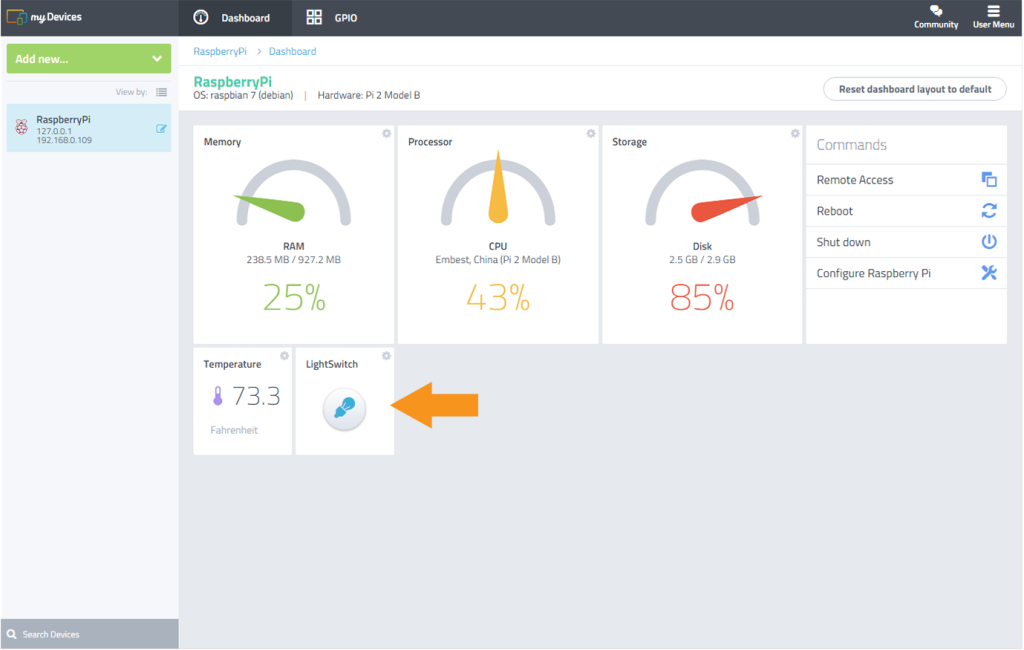Freak out! This week’s episode isn’t about disco, it’s all about the security of your things. Or insecurity as the case may be. We talk about Shodan, the search engine for connected devices and the creation of a security framework for connected devices by the researchers at I am the Cavalry. Go read the story at Ars Technica and scroll all the way down to the Cavalry stuff. After we talk about that, we discuss a new programming interface for Raspberry Pi’s from myDevices called Cayenne, Amazon opening up its new Dash Replenishment Service to everyone, and the big news that could shake up the building automation market.

For those of you guys who love thinking about the smart home, I brought Scott Jenson, a UX designer from Google, to join us to talk about his personal thoughts on how connected devices change a home’s design and how to avoid having to give your home an email account just to make it functional as a connected entity. Jenson blogs about some of these topics here, such as why he doesn’t think we should look to smart homes to recreate butlers. Find out why he thinks that, and some of his other ideas in this week’s episode.
Hosts: Stacey Higginbotham and Kevin Tofel
Guest: Scott Jenson, Google
- IoT security blows up or just blows
- Sensors that phone Amazon and the birth of a new industrial internet powerhouse
- The smart home isn’t a butler, but it still has plenty of value
- Why Jenson had to give his home an email address
Podcast: Play in new window | Download | Embed
Subscribe: RSS
